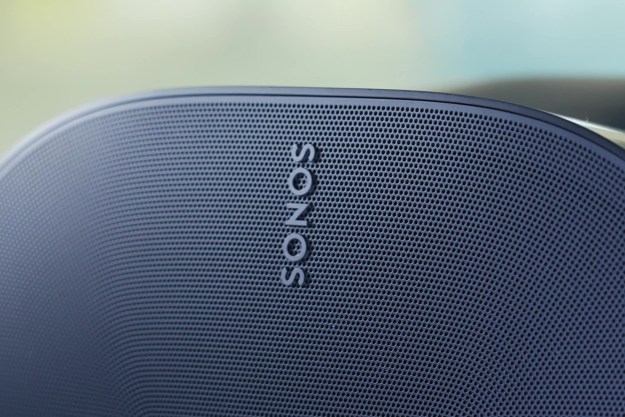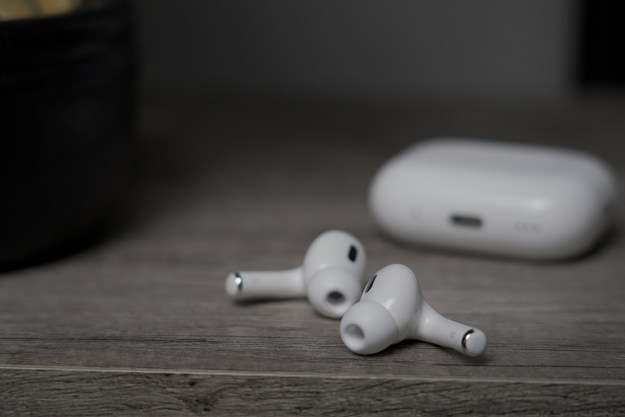Amazon is about to enter the world of true wireless headphones. The tech giant is reportedly hard at work on a pair of AirPod competitors with its Alexa voice assistant onboard, according to Bloomberg.
The new headphones are being developed at Amazon’s Lab126 division, Bloomberg said, a group that is also working on a home robot for consumers. Alexa integration means that those wearing the headphones can ask for weather, change music, and even order things from Amazon, all without raising a finger. This is similar to the Siri smart assistant functionality boasted by the latest version of Apple’s AirPods, which got rid of the need to press a button to access Apple’s voice assistant software.
Unlike the AirPods, the new Amazon earbuds will apparently feature physical controls, letting you tap to pick up and end calls, as well as to switch between songs.
Amazon has had mixed success with tech hardware. Sure, the Kindle is an unqualified success, and its video streamers and smart home devices are popular — but products like the Fire Smartphone never gained steam. That’s worth noting, because though you might think entering the true wireless headphone space would be simple for such a huge tech giant, it’s actually harder than it looks. Even Google has yet to deliver a pair of wireless earbuds we actually like; the original Pixel Buds were certainly underwhelming when they came out a few years ago.
We’ve even seen longtime headphone makers like Bose and Sony falter in the true wireless space, with Apple, Jabra, Samsung, and others pouring significant research and development into their successful products in the space.
The good news is, the tech has advanced considerably since true wireless headphones were first released by Apple in late 2016, with companies like Qualcomm spending serious development dollars on better, more efficient, and more compact chips to put inside the tiny headphones.
No word on when Amazon may release the new headphones, with it reportedly facing some development delays on the product. That said, it has reportedly been looking for manufacturing and supply partners, and has historically launched new devices in the fall. Last September it released a dozen new devices, including a microwave oven. Will we see AirPod killers this year?
Editors' Recommendations
- AirPods 4: Everything we know about Apple’s next wireless earbuds
- What is AirPlay 2? Apple’s wireless sharing system explained
- SharePlay is coming to Apple TV and HomePod
- Apple lets AirPods Pro owners upgrade to USB-C
- What we want from the AirPods Pro in 2024




